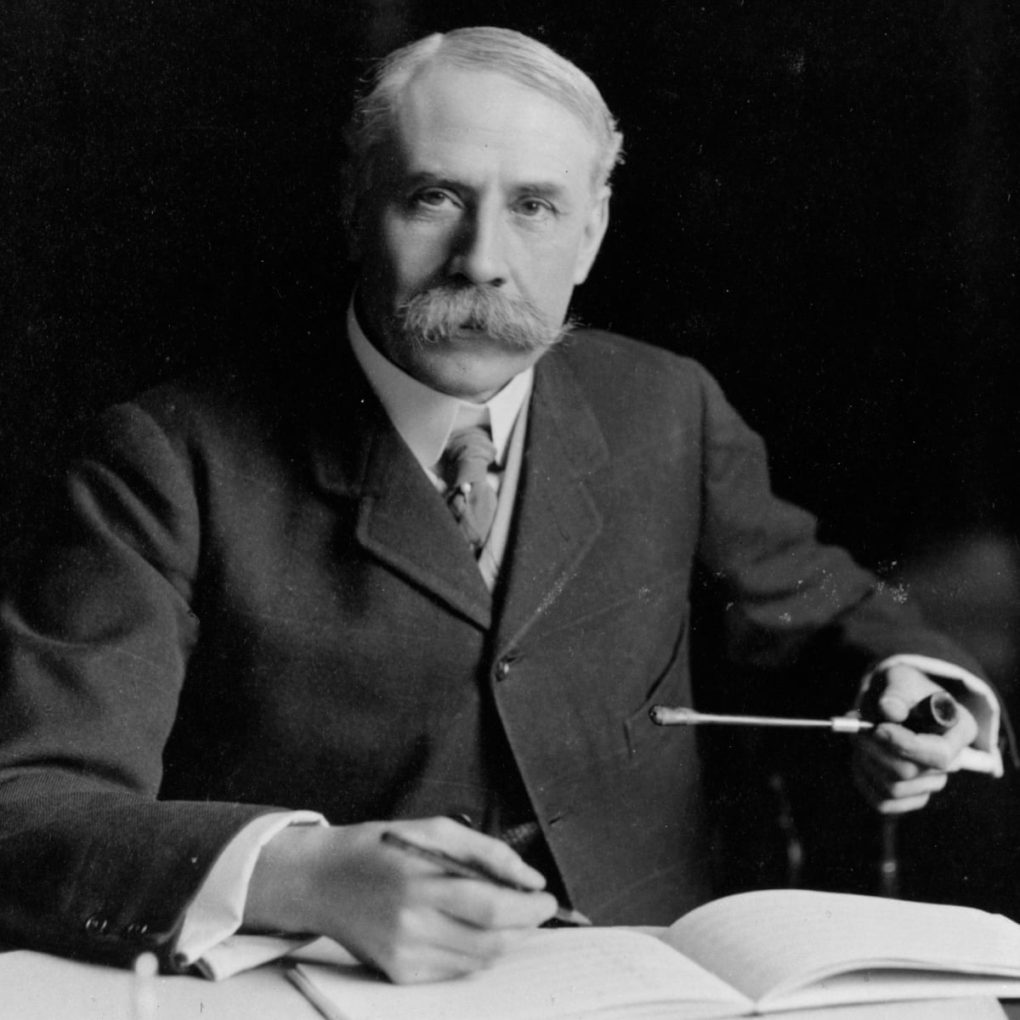
It’s pretty unlikely that anyone will build a statue of me when I die, but if I do end up deserving that honour, I hope that my statue will be as awesome as any of the statues that commemorate British composer Edward Elgar.
A quick image search for “statue of Edward Elgar” gives the impression that this was a man who will be remembered not only for his music, but for his love of taking it easy. In various places around the world, bronze Elgars can be found relaxing on benches, thoughtfully contemplating the view down a city street, or casually asking you if you’d like to join him for an afternoon’s bike ride.
His life wasn’t quite as relaxed as these memorials might indicate, however. He was a bit of an outcast in the circle of elite English composers. He was self-taught, having never attended a conservatory. Being catholic in a largely protestant Britain was another strike against him…and against those who got close to him: when Alice Roberts accepted his proposal to marry him, her protestant parents responded by disinheriting her.
Elgar persevered, and by the end of his life was one of the country’s most celebrated musical figures. One of his most famous pieces is still routinely played at high school graduations all over the world.
Self-taught composer, cycling enthusiast, bountiful moustache…damn. I think I’ve found a new hero.
What makes this a beautiful song:
1. Despite being written for a full string orchestra, it feels as intimate as a quartet.
2. The double basses, which are often plucked, and bowed rather quietly when bowed, seem like they’re tip-toeing through the whole piece.
3. As it ends the strings fade slowly, unhurriedly, like a cyclist coasting down a gentle slope.
Recommended listening activity:
Practising your potential statue poses.